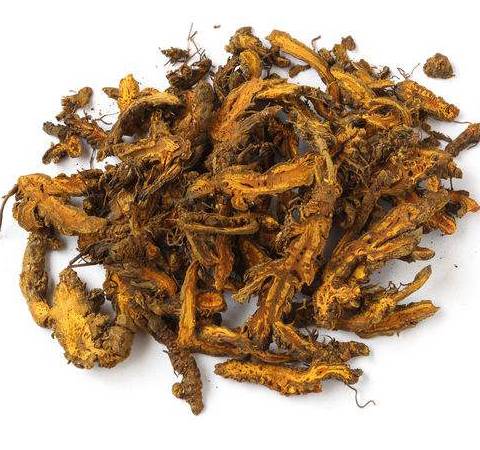What is the Berberine?
Berberine is a quaternary ammonium salt from the protoberberine group of benzylisoquinoline alkaloids found in such plants as Berberis, such as Berberis vulgaris, Berberis aristata, Mahonia aquifolium, Hydrastis canadensis, Xanthorhiza simplicissima, Phellodendron amurense, Coptis chinensis, Tinospora cordifolia, Argemone mexicana, and Eschscholzia californica. Berberine is usually found in the roots, rhizomes, stems, and bark.
What is the benefits?
The University of Maryland Medical Center reports that berberine exhibits antimicrobial, anti-inflammatory, hypotensive, sedative and anti-convulsive effects. Some patients take berberine HCL to treat or prevent fungal, parasitic, yeast, bacterial or viral infections. Although originally used to treat infections of the digestive tract that cause diarrhea, in 1980 researchers discovered that berberine lowers blood sugar levels, as reported by a study published in the October 2007 issue of the “American Journal of Physiology Endocrinology and Metabolism.” Berberine may also lower cholesterol levels and blood pressure according to information provided by Dr. Ray Sahelian, author and herbal product formulator.
Post time: Dec-23-2020
